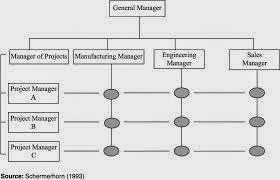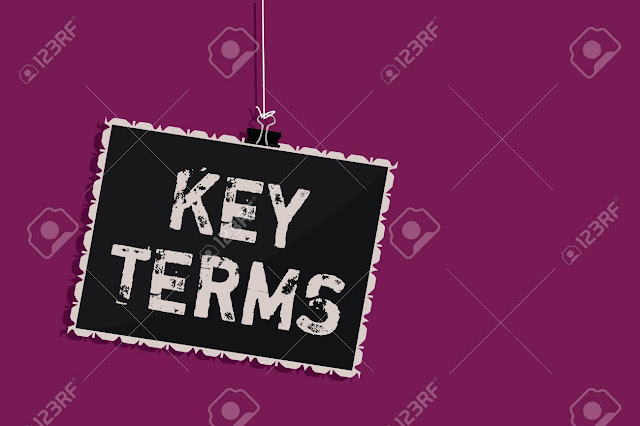10 WAYS TO IMPROVE THE COMMUNICATION EFFECTIVENESS
The word communication has been derived from
the Latin word 'Communis' which
means 'common'. Thus, communication means sharing of ideas in common. "When we communication," says
Wibur Schramn, "We are trying
to establish a 'commonness' with someone. That is we are trying to share
information, an idea or an attitude. The essence of communication is getting
the receiver and the sender 'turned' together for a particular massage
Louis A,
Allen defines communication as, "communication
is the sum of all the things one person does when he wants to create
understanding in the mind of another. It is a bridge of meaning. It involves a
systematic and continuous process of telling, listening and
understanding."
Making communication effective or overcoming
/ gate ways to communication
1)
Clarity and Completeness: In
communication effectively, it is very essential to know the 'audience' for whom
the message is meant. The message to be conveyed must be absolutely clear in
the mind of the communicator because if you do not understand an idea, you can
never express it to someone. The message should be adequate and appropriate to
the purpose of communication. The purpose of communication, itself, should be
clearly defined.
2)
Proper Language: To
avoid semantic barriers, the message should be express in simple, brief and
clear language. The words or symbols selected for conveying the message must be
appropriate to the reference and understanding of the receiver.
3)
Sound Organization Structure:
To make communication effective, the organization structure must be appropriate
to the needs of the organization. Attempt must be made to shorten the distances
to be travelled for conveying information.
4)
Orientation of Employees: The
employees should be oriented to understand the objectives, rules, authority
relationships and operations of enterprise. It will help to understand each
other, minimize conflicts and distortion of messages.
5)
Emphatic Listening
and Avoid Premature Evaluation: To communicate
effectively, one should be a good listener. Superior should develop the habit
of patient listening and avoid premature evaluation of communication from their
subordinates. This will encourage free flow of upward communication.
6)
Motivation and Mutual Confidence: The message to be communication should be so designed as to motivate
the receiver to influence his behaviour to take the desired action. A sense of
mutual trust and confidence must be .generated to promote free flow of
information.
7)
Consistent Behaviour: To avoid
credibility gap, management must ensure that their actions and deeds are in
accordance with their communication.
8)
Use of Grapevine: Grapevine
or the informal channels of communication help to improve managerial decisions
and make communication more effective. Thus formal channels of communication
must be supplemented with the use of grapevine.
9)
Feedback: Communication
is not completes unless the response or reaction of the receiver of the message
is obtained by the communicator the effectiveness of communication can be
judged from the feedback. Therefore, feedback must be encouraged and analysed.
10) Gestures and Tone: The way you say something is also very important
along with the message for gestures such as a twinkle of an eye, a smile or a
handshake, etc., Convey sometimes tone meaning then ever words spoken or
written. Thus, one should have appropriate facial expressions, tone, gestures
and mood etc., to make communication effective.


Comments